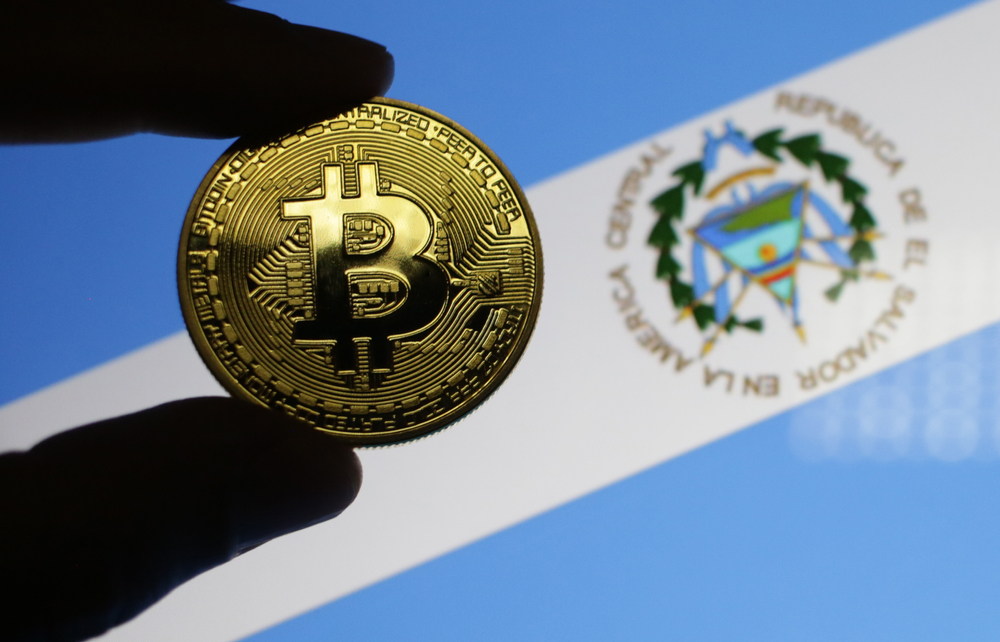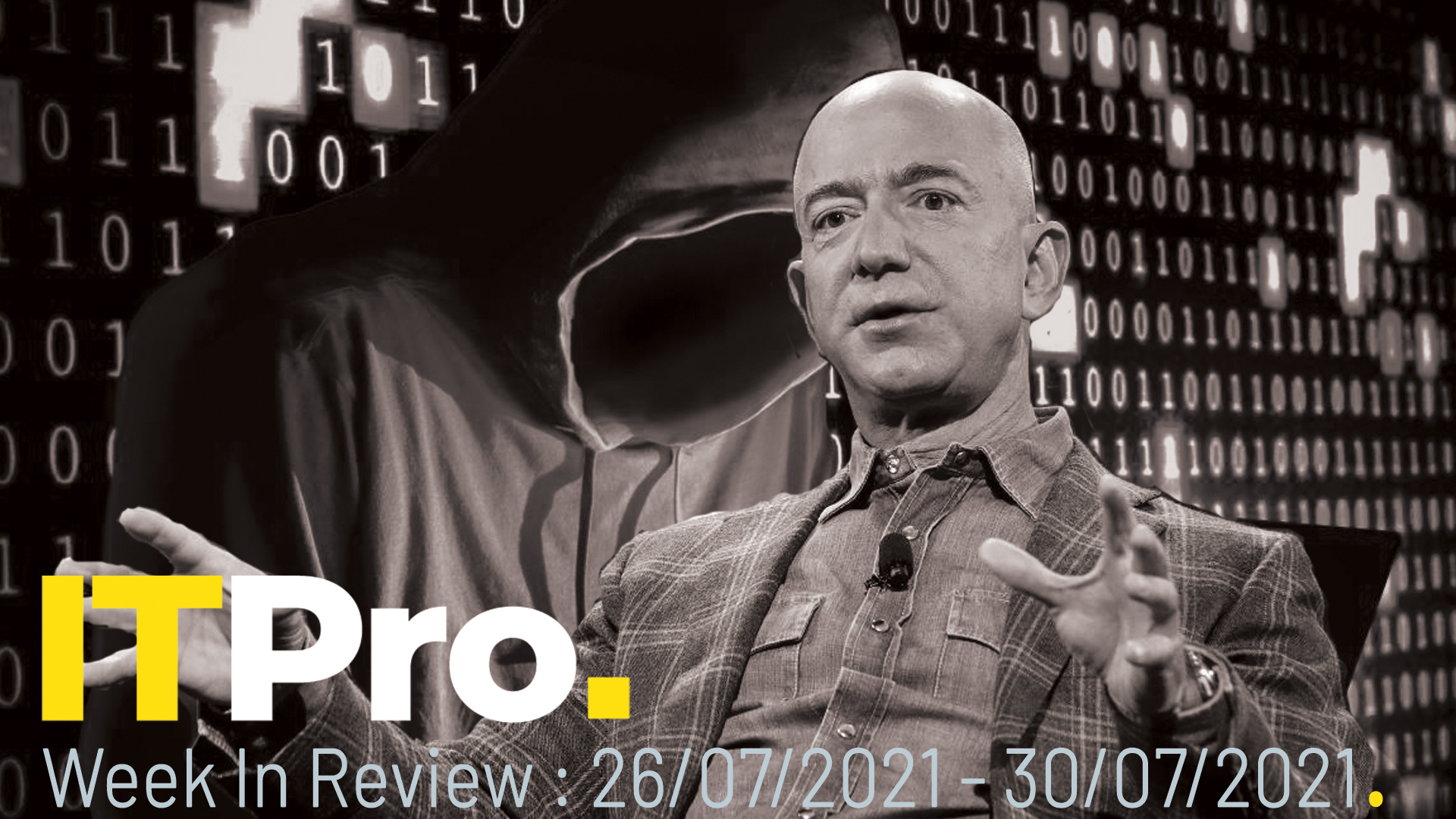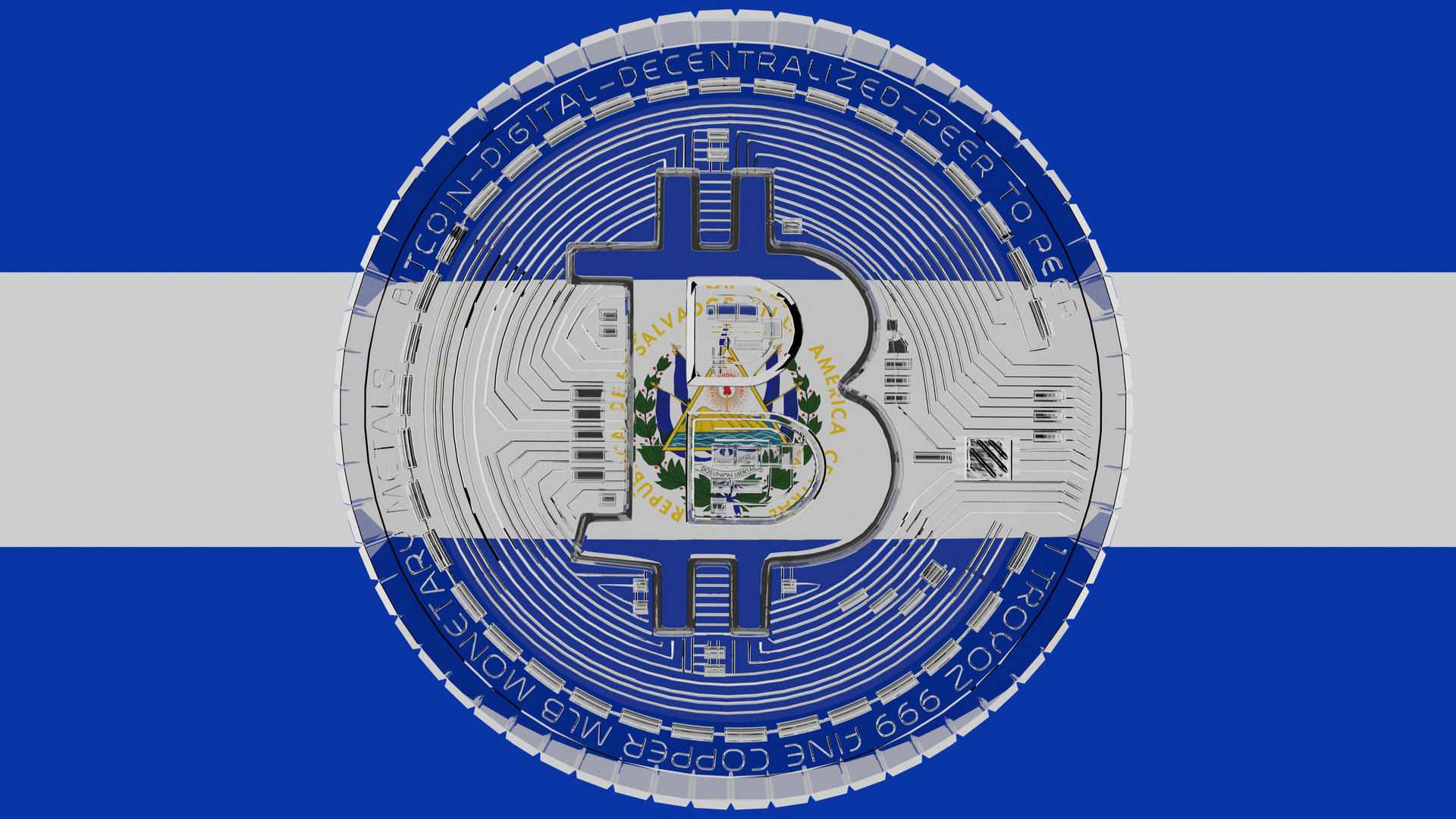Europol highlights Bitcoin & dark net cyber security challenges
Head of Europol's European Cybercrime Centre sounds alarm over digital currencies and dark web resources

The head of Europol's European Cybercrime Centre (EC3) has warned the rise of Bitcoin-like digital currencies and the dark web will make it harder to bring cyber criminals to justice in the future.
Speaking at the Infosecurity Europe Event in London earlier today, Troels Oertring said the rate at which new, and increasingly sophisticated, forms of malware are being produced makes it almost impossible for end users to protect themselves.
"The development of malware is so fast that no protection system will enable us to protect ourselves. The attack surface is widening, and even though good companies like Trend Micro and McAfee and other ones are doing what they can to secure infrastructure, I think it's very difficult [to lock things down]," said Oertring.
And even if they do manage to keep the bad guys out, the chances are they'll find another way of getting through, he warned.
"Social engineering [analysis] will show us that if [attackers] can't infiltrate a bank because their security is too tight, [they] will find their consultants, their lawyers ... and they have copies of all the [required] information, so they move in from that direction."
Much of the malware that makes this kind of attack possible is being produced by criminal gangs who rigorously test it against anti-virus tools to see if it can bypass their detection tools.
The development of malware is so fast that no protection system will enable us to protect ourselves
Samples that successfully manage to slip through the net are then sold on to similarly shady characters, in a process the industry has dubbed cybercrime-as-a-service.
Get the ITPro daily newsletter
Sign up today and you will receive a free copy of our Future Focus 2025 report - the leading guidance on AI, cybersecurity and other IT challenges as per 700+ senior executives
A lot of these groups operate on the Dark Net and utilise digital currencies, such as Bitcoin, which makes their activities almost impossible to trace, explained Oertring.
"Most of the activity from the top echelons of the criminals of the internet is done by utilising the dark net and the anonymity that gives," he said.
"We are also seeing [digitial currencies] being utilised, which also makes it even more difficult for us to [apply] the old mantra of follow the money' and you'll find out who is responsible."
The internet also makes it possible for cyber criminals to carry out attacks across long distances, which obliterates the geographical links that traditionally link crime scenes to perpetrators.
In cases where it is possible to track down those responsible, they might be based overseas in countries where the extradition of suspects is nigh on the impossible.
"They [criminals] might operate from countries that are out of our reach, and if we can identify them, how will we then prosecute them?
"The only thing we can do is send the case over and hope [that country's police force] will prosecute or we do it in the good old-fashioned police way and wait until they leave and catch them in a country that will extradite them.
"This is difficult and cumbersome for us to work in that way," he added.
-
 Bigger salaries, more burnout: Is the CISO role in crisis?
Bigger salaries, more burnout: Is the CISO role in crisis?In-depth CISOs are more stressed than ever before – but why is this and what can be done?
By Kate O'Flaherty Published
-
 Cheap cyber crime kits can be bought on the dark web for less than $25
Cheap cyber crime kits can be bought on the dark web for less than $25News Research from NordVPN shows phishing kits are now widely available on the dark web and via messaging apps like Telegram, and are often selling for less than $25.
By Emma Woollacott Published
-
 IMF urges El Salvador to remove Bitcoin as legal tender
IMF urges El Salvador to remove Bitcoin as legal tenderNews The country sought a $1.3 billion loan from the IMF last year, although this has been reportedly hindered by the fund’s Bitcoin concerns
By Zach Marzouk Published
-
 Cryptocurrency: Should you invest?
Cryptocurrency: Should you invest?In-depth Cryptocurrencies aren’t going away – but big questions remain over their longevity, the amount of energy they consume and the morals of investing
By James O'Malley Published
-
 IT Pro News in Review: Record profits in tech, hackers turn to new languages for malware, Amazon's Bitcoin plans
IT Pro News in Review: Record profits in tech, hackers turn to new languages for malware, Amazon's Bitcoin plansVideo Catch up on the most important news of the week in just two minutes
By ITPro Published
-
 El Salvador offers its citizens free Bitcoin
El Salvador offers its citizens free BitcoinNews Bukele doubles down on crypto commitment with a giveaway
By Danny Bradbury Published
-
 Square and Blockstream to build a solar Bitcoin mining facility
Square and Blockstream to build a solar Bitcoin mining facilityNews Solar mining plant will aim to temper concerns of power consumption from Bitcoin mining
By Danny Bradbury Published
-
 What are altcoins and how do they work?
What are altcoins and how do they work?In-depth The alternatives to Bitcoin explained
By Rene Millman Published
-
 Steve Wozniak sues YouTube over Bitcoin scam videos
Steve Wozniak sues YouTube over Bitcoin scam videosNews Lawsuit claims YouTube is aware of the Bitcoin giveaway scams but hasn’t taken videos down
By Sarah Brennan Published
-
 Bitcoin scam exposes the personal details of 250,000 people
Bitcoin scam exposes the personal details of 250,000 peopleNews The UK and Australia represent approximately 93% of users hit by the crypto-scam
By Tyler Omoth Published